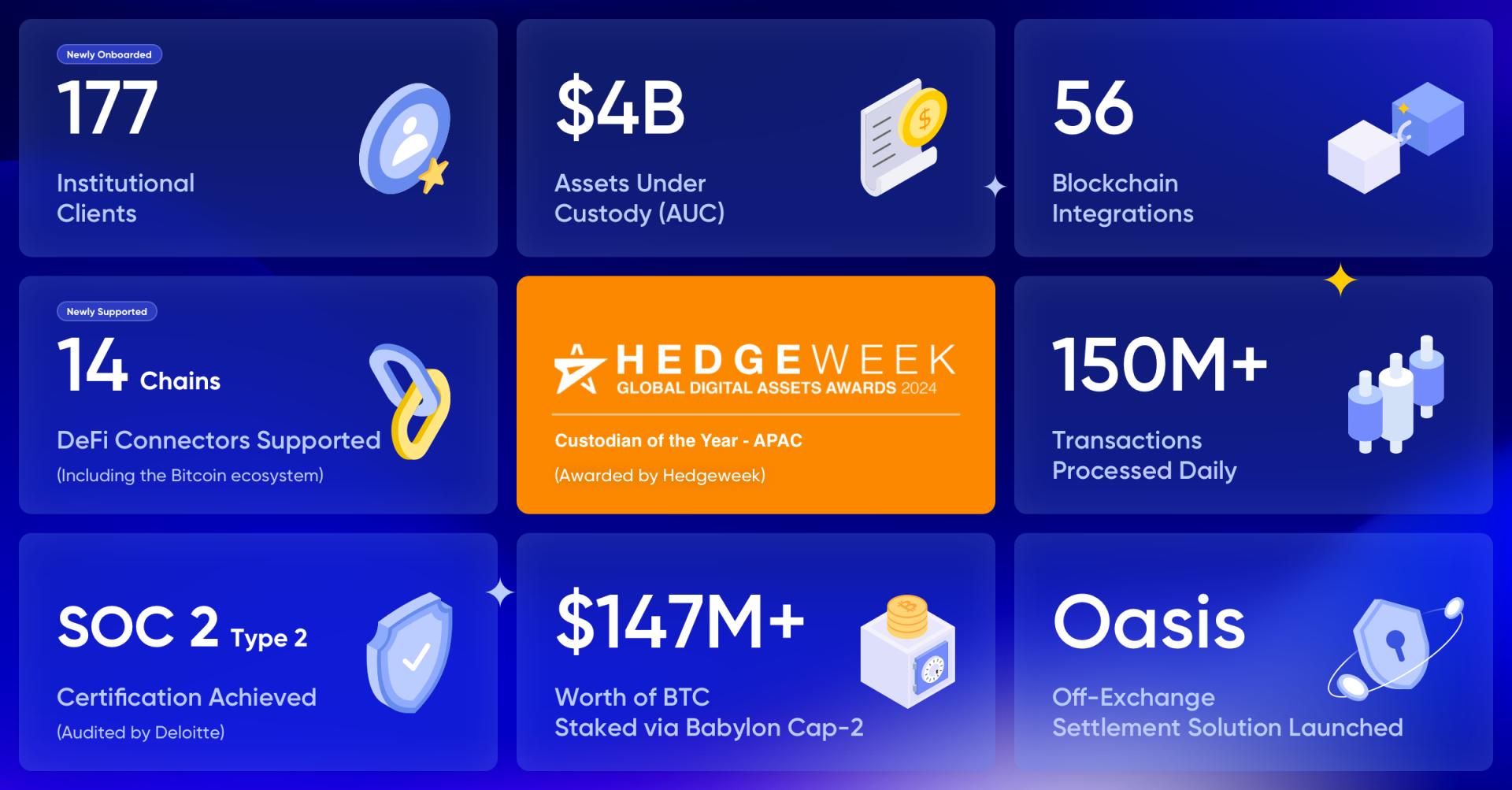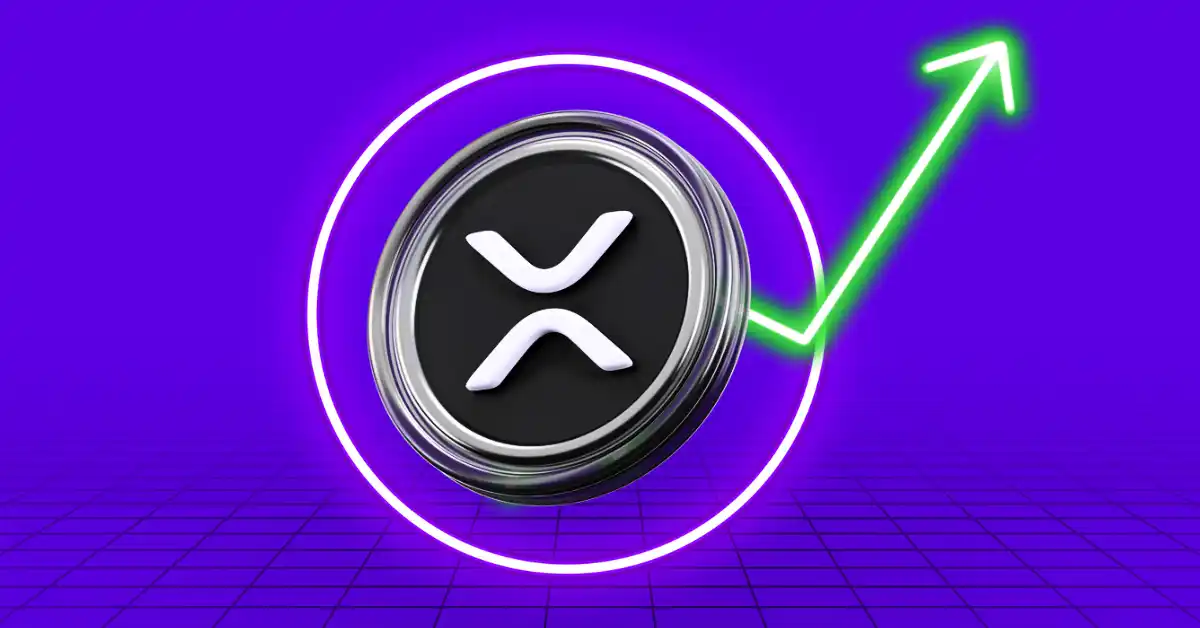| Get all the essential market news and expert opinions in one place with our daily newsletter. Receive a comprehensive recap of the day’s top stories directly to your inbox. Sign up here! |
 (Kitco News) – As Brazil prepares to integrate blockchain technology and digital assets into its financial system, President Luiz Inácio Lula da Silva (Lula) has signed a new government decree that provides clarity on the roles that the Central Bank of Brazil (BC) and the country’s securities regulator will have in regard to cryptocurrencies.
(Kitco News) – As Brazil prepares to integrate blockchain technology and digital assets into its financial system, President Luiz Inácio Lula da Silva (Lula) has signed a new government decree that provides clarity on the roles that the Central Bank of Brazil (BC) and the country’s securities regulator will have in regard to cryptocurrencies.
Government decree No. 11.563 was signed by Lula on Tuesday, authorizing the BC to regulate and supervise virtual asset service providers (VASPs). The bill also ensures that token projects that meet the qualification for securities continue to fall under the purview of the Comissão de Valores Mobiliários (CVM), Brazil’s securities regulator.
The stipulations of the new decree will go into effect on June 20.
According to a press release that accompanied the new decree, the government wanted to make clear that granting the BC power to oversee VASPs “does not cover activities with securities that are digitally represented in the form of tokens,” so the CVM will continue to handle that responsibility.
The CVM is now looking to create a regulatory framework that is better attuned to the volume of crypto trades that occur in Brazil and other emerging markets. The regulator will also be tasked with the review and approval or denial of projects looking to launch new tokens to the public.
So far in 2023, the CVM has approved three projects involved in the issuance and trading of securities that are digitally represented by tokens, and it will use the lessons learned from those projects to develop its regulatory framework.
“The CVM Regulatory Agenda for the year 2023 foresees the development of a new regulatory framework for the constitution and administration of organized securities markets, including tokenized ones, in light of the experiences of the CVM Regulatory Sandbox,” the press release said. “With this project, the aim is to create a regulation more compatible with the volumes traded and the complexity of new markets.”
“The CVM remains firm in its purpose of promoting an environment favorable to the development of crypto-active products, with integrity and adherence to relevant constitutional and legal principles,” said João Pedro Nascimento, President of CVM. “CVM and the Central Bank will continue together on this agenda, with dialogue and cooperation between the directors of the institutions, recognizing that crypteconomics demands action from both BC and CVM, within their respective spheres of competence.”
Nascimento also noted that the CVM understands the importance of maintaining an open dialogue with the crypto market, “especially with those initiatives that aim to tokenize securities, for the purpose of building a regulatory framework increasingly conducive to the characteristics of these assets.”
The new rules around cryptocurrencies and VASPs come as the country is preparing to begin a pilot project for the digital real, Brazil’s central bank digital currency (CBDC). The pilot will include tests of the privacy and programmability functionality of its platform, and participants include major payments provider Visa and technology behemoth Microsoft.
Chinese city distributes hard wallets for the digital yuan
In CBDC news out of China, the city of Changsha in the Hunan Province has announced it will debut “elderly and children-friendly” digital yuan hard wallets as part of its efforts to help increase the adoption of the Chinese CBDC.
According to a report from the local news outlet Changsha Evening News, officials in Changsha held a press conference on Friday where they revealed plans to release a digital RMB hard wallet to members of the community that do not have reliable access to a smartphone.
Many of the applications that facilitate the use of the digital yuan only come in the form of smart wallets that require a smartphone to access.
Adoption of the e-CNY among some of China’s poorest residents has been hampered by the lack of access to a smartphone, with data from Statista showing that at the end of 2022, China had a smartphone penetration rate of 71.4%. While that number is expected to increase to 82.8% by 2027, that still leaves millions of people who would not be able to access and transact with the digital yuan, prompting officials to devise another solution.
The release of hard wallets to citizens without smartphones has been one of the most promising solutions presented thus far, and Changsha is the first to offer a digital RMB hard wallet to its residents.
Hard wallets, as opposed to soft wallets, are hardware devices that include security features and are specifically designed to hold digital assets. The devices distributed in Changsha are designed to connect with digital renminbi-related devices to provide users with services.
According to a source at the Hunan Branch of China Construction Bank, the hard wallets will have a maximum upper limit of 5,000 yuan, and transactions conducted without a password will be limited to 500 yuan. The hardware wallets are mainly intended to be used for small daily payments by villagers.
Disclaimer: The views expressed in this article are those of the author and may not reflect those of Kitco Metals Inc. The author has made every effort to ensure accuracy of information provided; however, neither Kitco Metals Inc. nor the author can guarantee such accuracy. This article is strictly for informational purposes only. It is not a solicitation to make any exchange in commodities, securities or other financial instruments. Kitco Metals Inc. and the author of this article do not accept culpability for losses and/ or damages arising from the use of this publication.
Credit: Source link















































